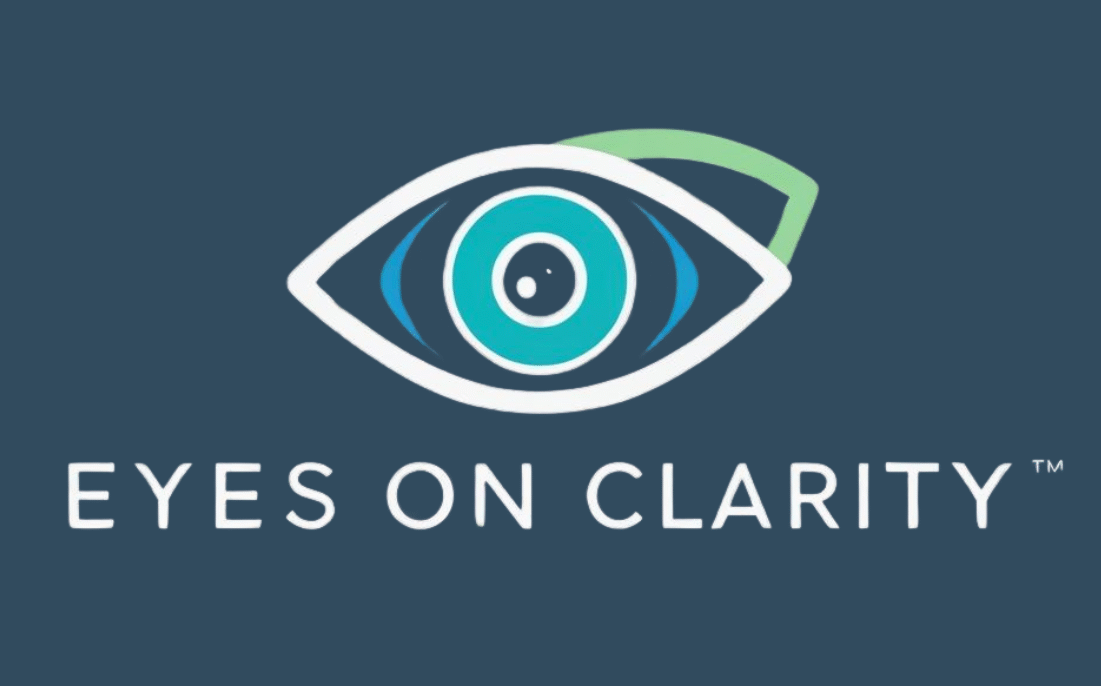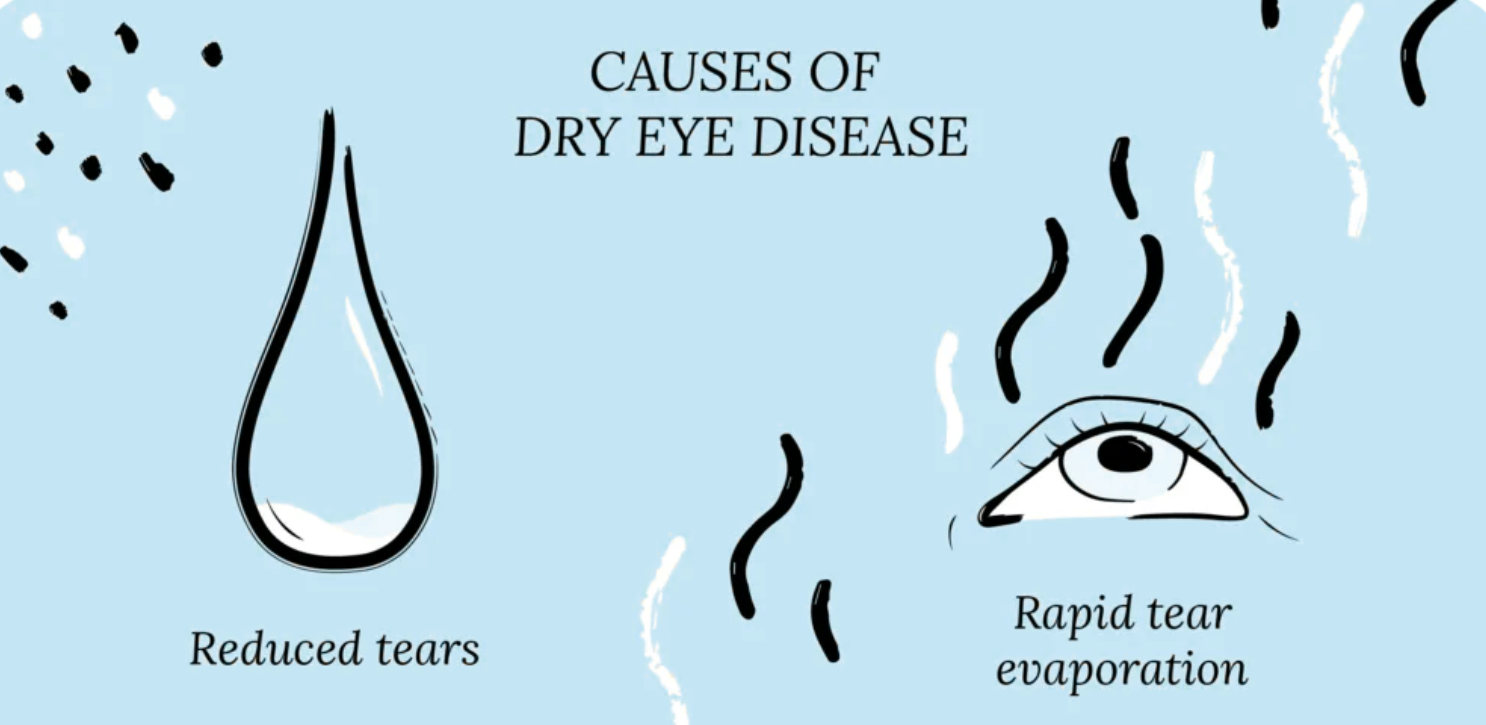Blue light glasses – is it really worth it?
In todays day and age it is almost impossible to avoid being on a screen. Whether you are just scrolling on instagram or your actually working on screens 6-8 hours a day – you’re being exposed to blue light. This has led to a surge in popularity for blue light blocking glasses—but are they really effective, or just a trend?
Many studies have been done regarding blue light and whether blue light glasses are helpful in this regard. And the truth is there is not enough evidence to say blue light actually contributes to digital eyestrain. The blue light you get from the screen is nothing compared to the amount if exposure you get from the sun.
So when can blue light glasses be helpful?
Although there is not enough evidence for blue light glasses helping on screens, there are some ways blue light glasses can help.
The sleep-wake cycle
If you are exposed to blue light especially towards the end of they day, this can disrupt the amount of melatonin being released. With melatonin being the hormone that is released to promote drowsiness and reduce wakefulness, lower amounts released can affect your sleep cycle. Wearing blue light glasses in this instance may be helpful. Another alternative is switching to ‘night mode’ on screens, which will change your screens to those warmer tones and therefore help regular your sleep cycle.
When should I get blue light glasses?
If you are finding it difficult to sleep at night blue light glasses may be a good idea to help regulate your sleep cycle. With insomnia and poor sleep contributing to conditions like type 2 diabetes, depression, and obesity, blue light glasses can help those that use screens close to bed time.
How can I prevent digital eye strain?
- 20-20-20 rule
One rule to go by especially if your working on screens for hours is the importance of taking breaks. The 20-20-20 rules is that every 20 minutes that you are on screens you should look away on your screen at a spot 20 feet away (6 metres) for around 20 seconds.
2. Keeping the eyes hydrated.
One very common issues among people who work on screens is dry eyes. When we are working on screens naturally your eyes are not blinking as much it disrupts the process of lubricating the tear film. Dry eyes which usually comes with symptoms of watery eyes, a foreign-body like sensation or gritty sensation as well as light sensitivity. With dry eyes being a big contributor to digital eye strain using the right eye drops and can help with these symptoms.
3. Prescription glasses
Although you may not need blue light glasses, the reason you are getting digital eye strain could be that you actually need prescription glasses. Visit your local optometrist to see if you need prescription glasses on screens.
I already have blue-light glasses. Shoud I keep wearing them?
Some people do feel their blue light glasses help their eyes and I tell them that even if theres not enough evidence to prove their use, they are not damaging their eyes by using them either. If they feel comfortable why not use them.


No responses yet